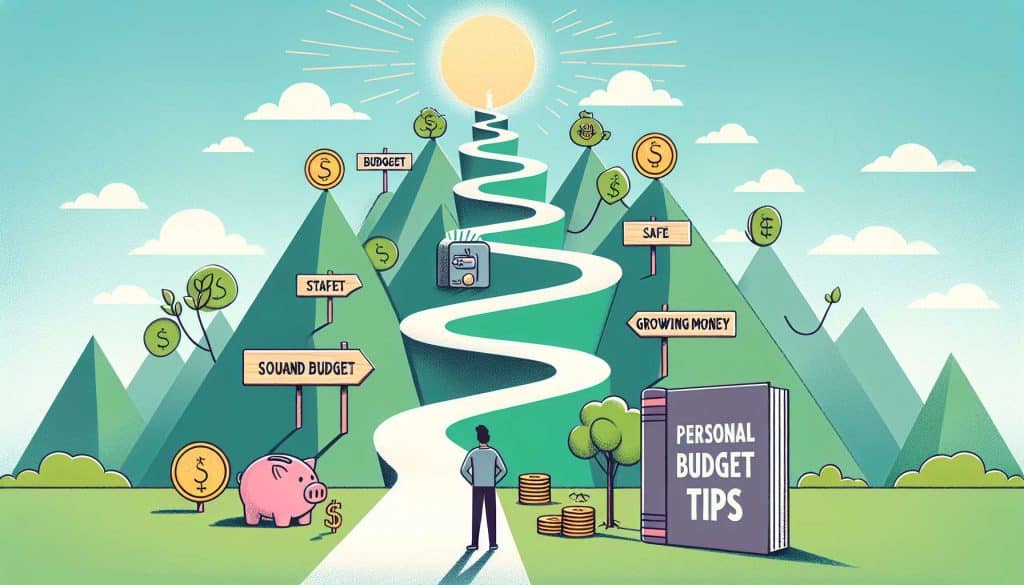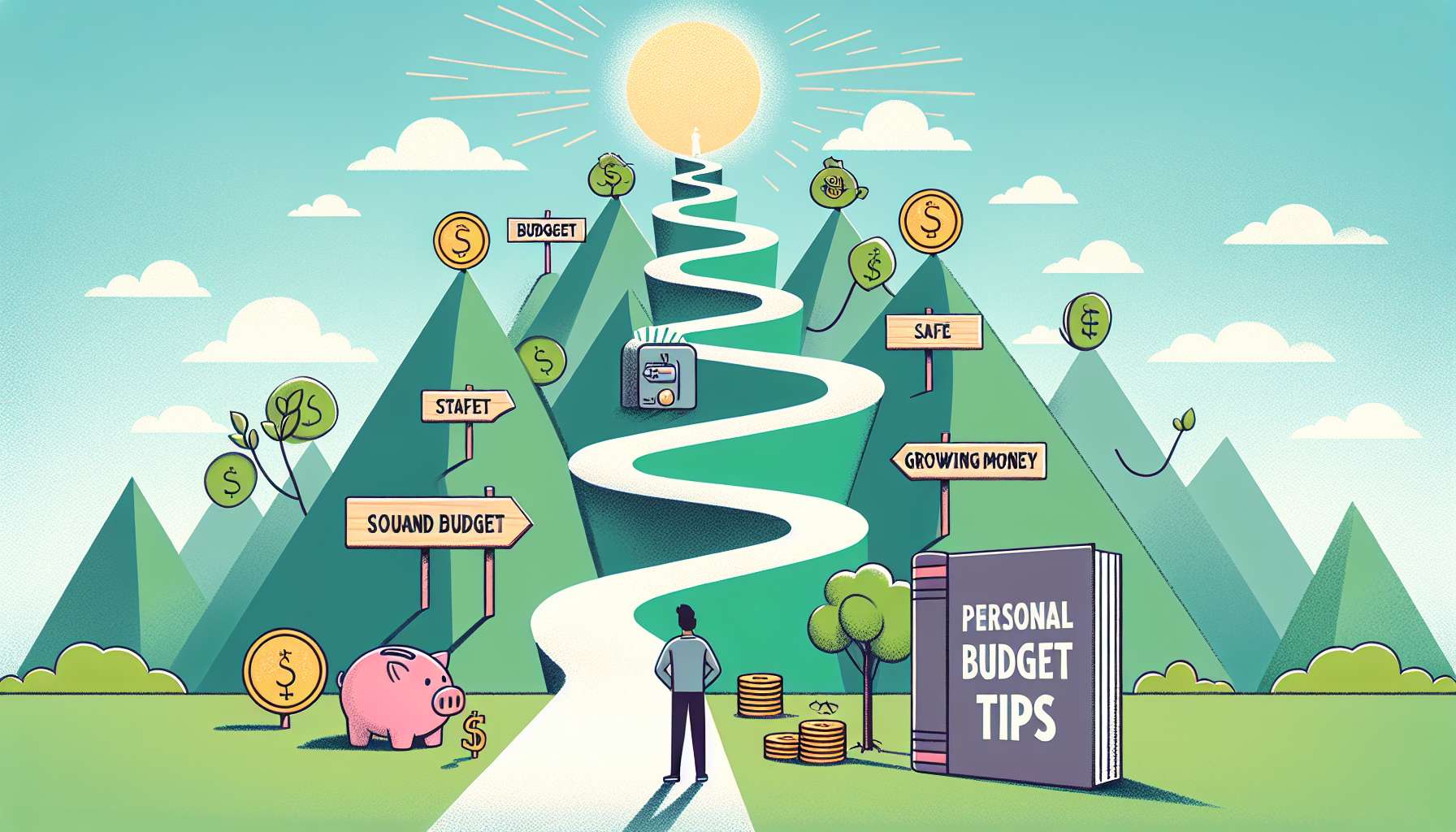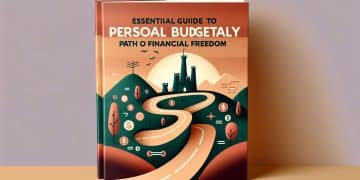Achieving Financial Freedom: Practical Tips for Personal Budgeting


Mastering Personal Budgeting: A Comprehensive Overview
In today’s fast-paced world, mastering personal budgeting has become an essential skill. As people navigate through financial pressures and uncertainties, budgeting offers a framework to maintain financial balance, allocate resources efficiently, and prepare for the future. Besides its significance in financial planning, budgeting helps negate the stress of monetary instability. Despite this, many find themselves challenged by the intricacies of creating and sticking to a personal budget. This article provides insights into effective personal budgeting, equipping individuals with practical strategies to strengthen their financial management.
Anúncios
Personal budgeting involves creating a detailed plan for effective money management. This plan, known as a budget, allows individuals to map out their financial paths, determining whether they have resources to cover desired activities. If resources fall short, the budgeting process aids in expense prioritization. This enables money to be directed to the most valued essentials, ensuring optimal financial allocation and achieving peace of mind.
A well-constructed budget is a roadmap to financial stability. It provides clarity over income and expenditure, empowering smarter financial decision-making. Whether saving for property, a dream vacation, or retirement, budgeting is a tool for building future wealth foundations. Even managing and reducing debt becomes achievable when clear insights into financial inflows and outflows are gained. As budgeting alleviates the stress of financial ambiguity, it marks a critical step towards a secure financial future.
Understanding the Basics of Personal Budgeting
Creating a personal budget consists of several straightforward steps. First, assess your income by considering all income sources like salaries, freelance jobs, or rental income. Knowing your total earnings is crucial for determining how much you can spend monthly. Then, compile a comprehensive list of your monthly expenses, dividing them into fixed and variable categories. This includes essentials like rent and utilities, plus discretionary spending like entertainment.
Categorizing spending into distinct categories such as food, transportation, and health gives a clearer picture of expenditure. This categorization assists in pinpointing areas for potential cutbacks. Comparatively, analyze expenses against your total income to identify overspending or surplus scenarios. If expenditures overshadow income, assess tactics for reducing costs or boosting earnings. Ultimately, aligning spending habits with financial objectives becomes imperative.
Sticking to your budget is the nuanced part. Regularly tracking expenses to ensure adherence is essential. Budgeting applications can provide efficient monitoring on the go. Additionally, set realistic, achievable goals to retain motivation without frustration. Remember, your budget should adapt to life’s changes. Regular reviews and adjustments will keep your financial plan effective.
Beyond budgeting basics, remember to establish an emergency fund to handle unforeseen expenses effortlessly. This ensures your budget remains undisturbed in unpredictable scenarios, offering an extra layer of security. Rewarding yourself when you adhere to your budget fosters enhanced motivation, making the financial journey more enjoyable and sustainable.
Key Characteristics and Points on Budgeting
- Increased financial control and clarity over expenses.
- Ability to save for short-term and long-term goals.
- Improve the management and reduction of debts.
- Alleviate stress and promote financial confidence.
How Budgeting Offers Significant Benefits
Budgeting extends beyond basic planning, intertwining psychological benefits with financial gains. Awareness of spending habits fosters improved self-control. As individuals adhere to set financial parameters, discipline in managing money increases, reducing instances of impulsive purchases. Moreover, reaching budget goals or making anticipated purchases cultivates a sense of achievement, bolstering confidence and financial acumen.
Perceiving budgeting as a journey filled with learning opportunities aids in mastering it gradually. It demands steady commitment, patience, and a dedication to refined financial literacy. By embracing budgeting fundamentals, individuals navigate finances effectively, achieving desired objectives while reducing stress. Budgeting is not about lifestyle restriction but informed decision-making aligned with priorities, paving a path toward personalized financial freedom.
Budget pitfalls like overlooking small transactions, inflexibility, neglecting savings, or inadequate communication should be avoided. Small purchases can accumulate, straining finances. Therefore, include even minor expenses in budgeting. Avoid rigid frameworks that can cause frustration, ensuring flexibility where necessary. Monthly savings should never be overlooked, and open communication when sharing financial responsibilities prevents confusion.
With personal budgeting, enhanced self-awareness, disciplined expense management, increased control over financial decisions, and a clear sight of financial goals become possible. This blend of structured approach and adaptive mindset promises a bright financial future, leading to greater happiness and security.
In conclusion, effective personal budgeting is a skill crafted over time, bringing numerous rewards. It instills financial discipline, clarity, and preparedness while ensuring you align your monetary actions with personal values and aspirations. Consider this guide your roadmap to financial mastery, empowering you to harness your financial potential thoroughly.





